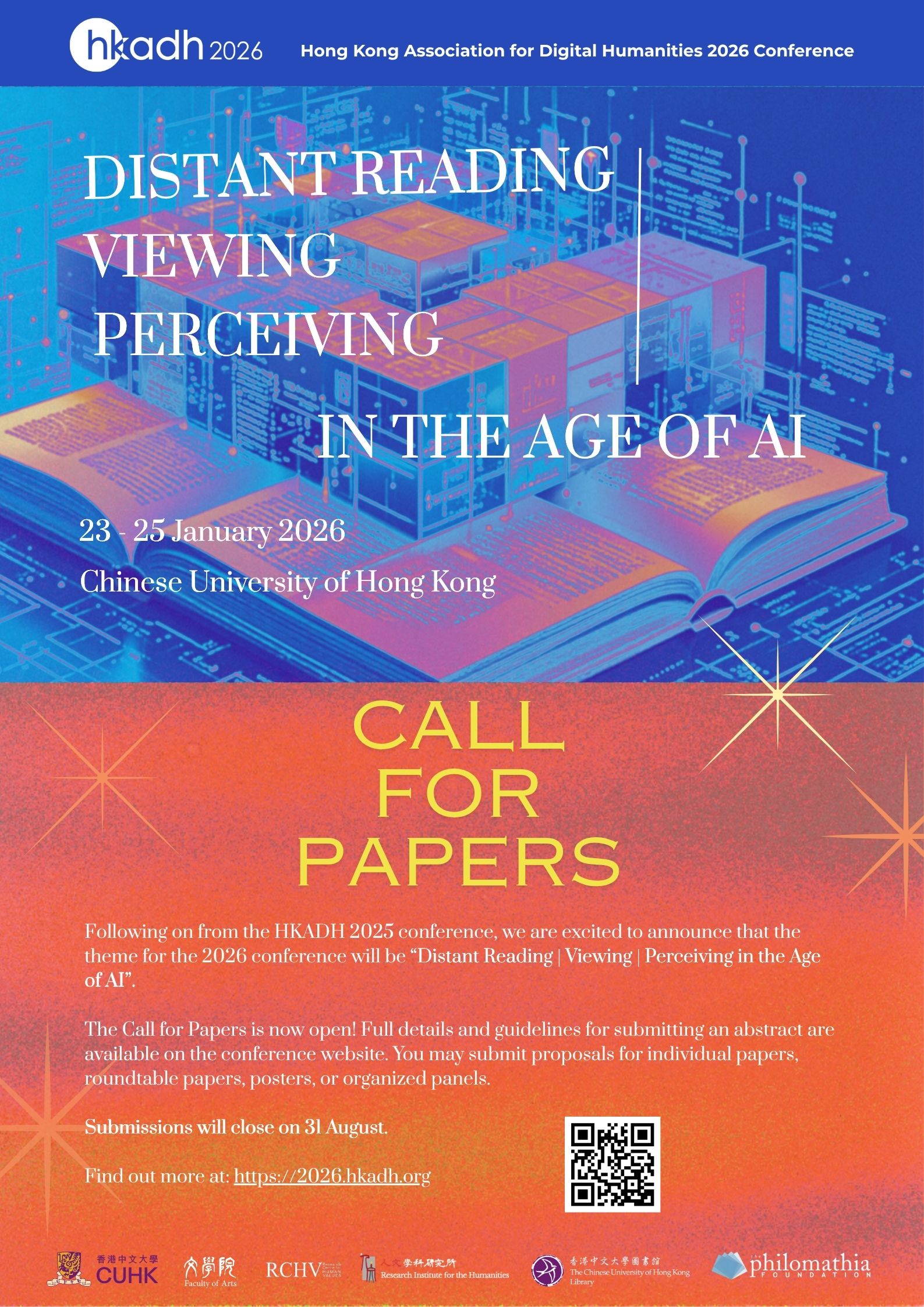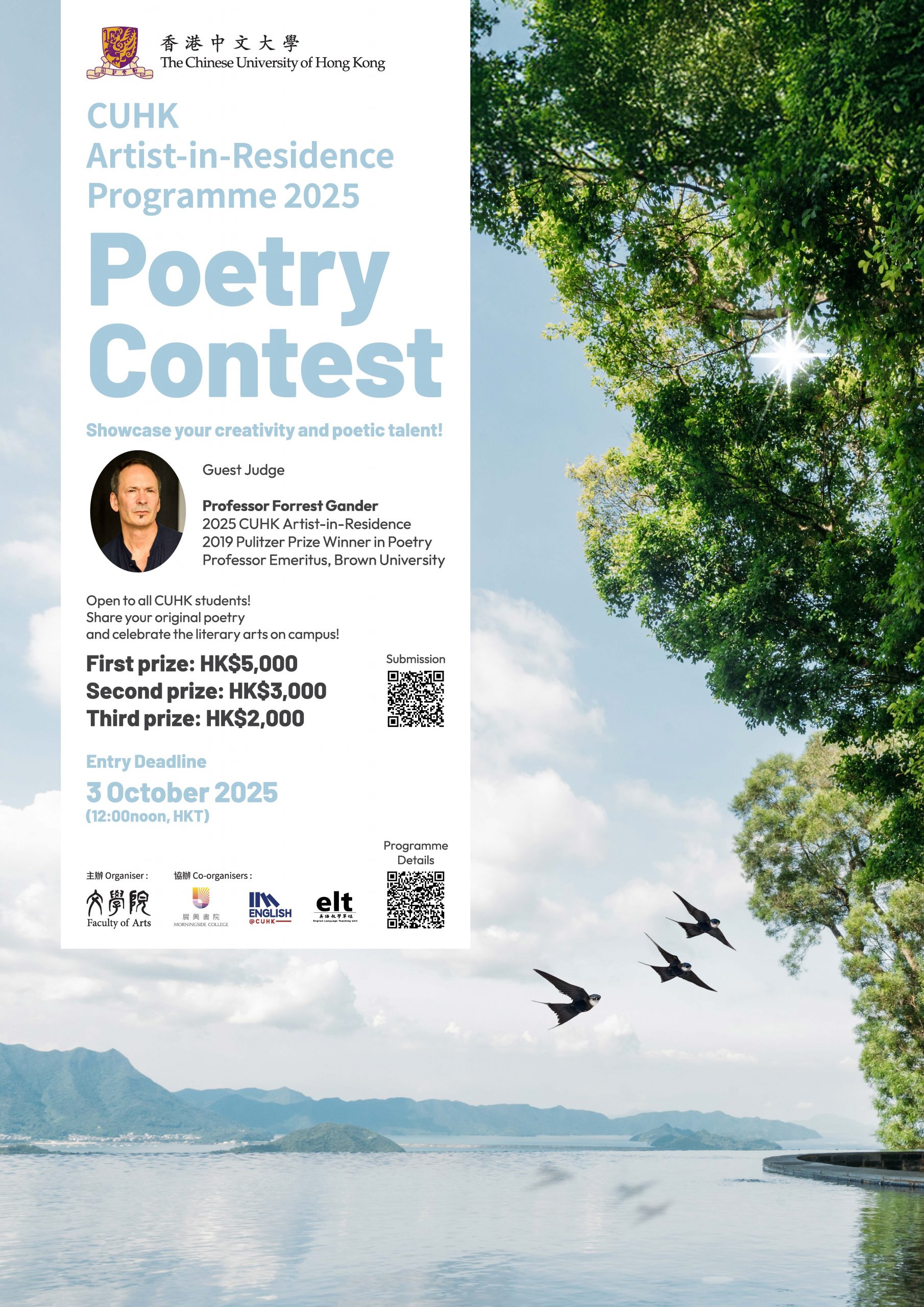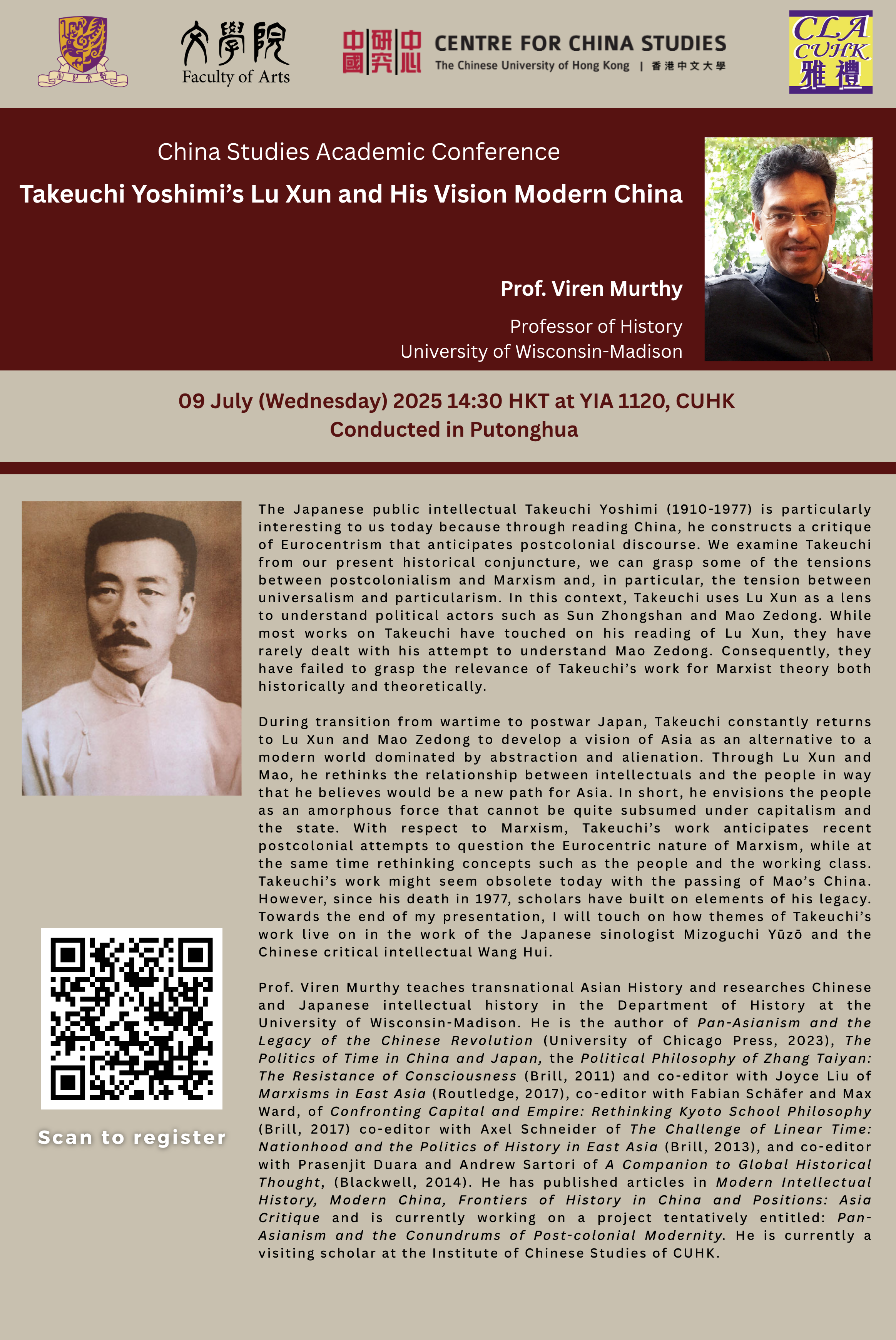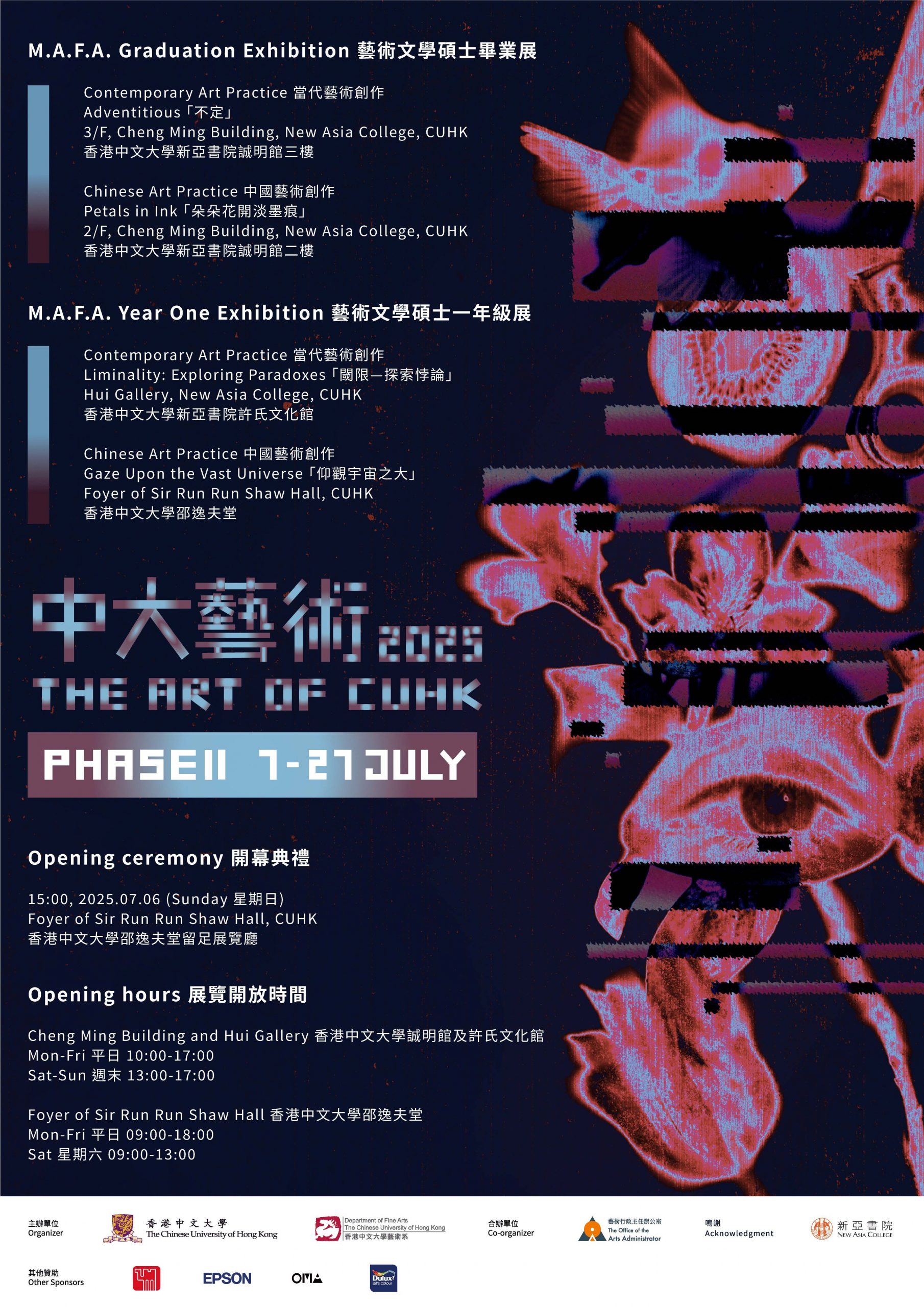Greek Japan. Placed side by side, these two words evoke a sense ofstrangeness, an impression of a chimera. Half Apollo, half samurai, halfVenus, half geisha, in a setting that is at once white and blue like theCyclades, yet deep green and cinnabar red like Shinto shrines. How cantwo countries so distant be brought together to form a coherent image?This talk will trace the subtle penetration of classical Greek culture into therealms of Japanese literature, philosophy, architecture, and contemporaryarts. Between the late 19th century and 1945, Japan developed a truepassion for ancient Greece. Buddhist sculpture was reinterpreted throughthe lens of the Greek body, Noh theater was likened to tragedy, and bankarchitecture reimagined the classical temple! Even today, many mangaand animated series draw inspiration from the gods and heroes ofAntiquity. The way Japan—despite never having had direct contact withancient Greece—has integrated this heritage offers a remarkable model forunderstanding the broader issue of cultural appropriation.
Speaker
Prof. Michael LUCKEN
National Institute of Oriental Languages and Cultures: INALCO, Paris
Michael Lucken is a historian and philosopher, and a professor at theNational Institute of Oriental Languages and Cultures (INALCO).His publications include: Japon, l’archipel du sens (Perrin, 2016); Imitationand Creativity in Japanese Arts (Columbia University Press, 2016); NakaiMasakazu: Naissance de la théorie critique au Japon (Presses du réel,2015); Les Japonais et la guerre (Fayard, 2013 – awarded the Thiers Prizein 2014); and 1945-Hiroshima: Les images sources (Hermann, 2008). Hisbook, Le Japon grec (Gallimard, 2019), will soon be released in Chinesetranslation at China Social Sciences Press.
No registration required.
Enquiry: NAGAOKA Misaki





